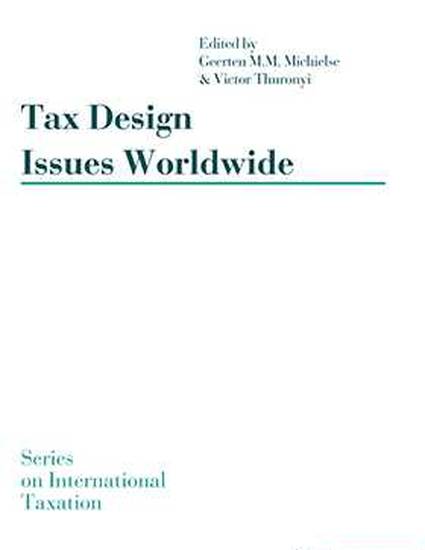
Contribution to Book
The Troubling Role of Tax Treaties
Articles, Book Chapters, & Popular Press
Document Type
Book Chapter
Publication Date
1-1-2015
Keywords
- Tax Treaties,
- Taxing Rights,
- Jurisdictional Issues,
- Critique
Disciplines
Abstract
The notional purpose of tax treaties is to prevent double taxation and tax evasion. The actual purpose is to reallocate taxing rights between an investor’s home jurisdiction (the residence state) and the host jurisdiction (the source state). The effect is to reduce or remove the taxing rights of a source state (a capital importing state) to leave more room for tax in the residence state (a capital exporting state). The revenue costs of agreeing to reduce taxing rights in a treaty are thought to be offset by other benefits. The benefits may be exaggerated. To the extent they may actually be realized, all can likely be achieved more efficiently through unilateral action by the source state.
Citation Information
Kim Brooks & Richard Krever, "The Troubling Role of Tax Treaties" in Geerten M. M. Michielse & Victor Thuronyi, eds, Tax Design Issues Worldwide, Series on International Taxation, vol 51 (Alphen aan den Rijn, Netherlands: Kluwer Law International, 2015) 159.
